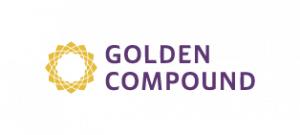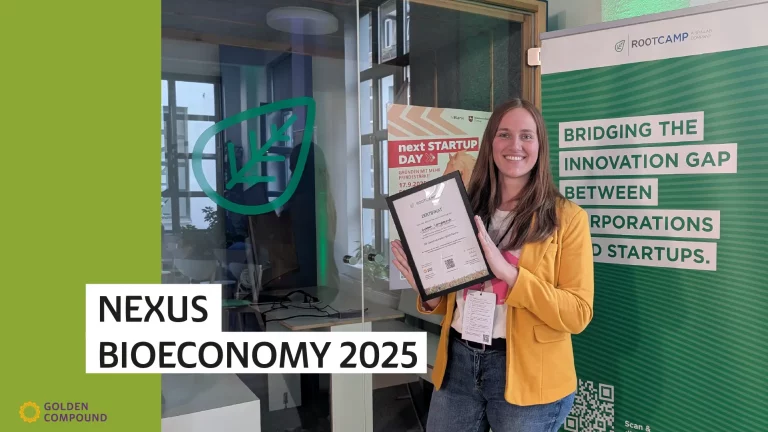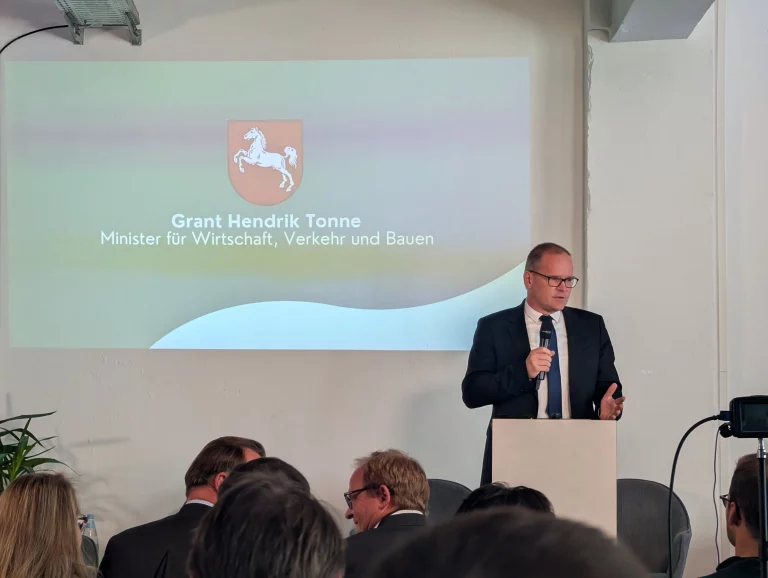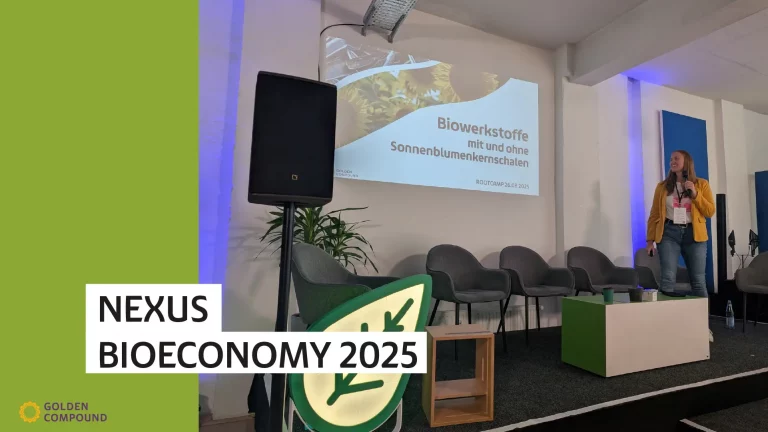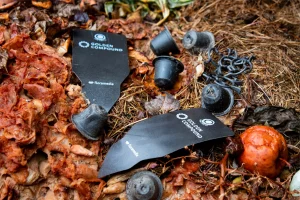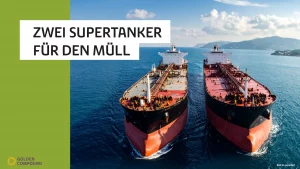Am Dienstag waren unsere Kolleginnen Rita und Josephine auf der NEXUS Bioeconomy 2025, organisiert vom RootCamp in Hannover. Die Veranstaltung brachte führende Köpfe aus Wissenschaft, Wirtschaft und Politik zusammen, um über die Chancen und Herausforderungen der Bioökonomie zu diskutieren. Schon die Agenda versprach spannende Impulse, Panels und Breakout-Sessions – und sie hat dieses Versprechen voll und ganz eingelöst.
Warum die Bioökonomie so wichtig ist
Die Bioökonomie gilt als eine der zentralen Zukunftsbranchen in Deutschland und Europa. Sie verbindet ökologische Nachhaltigkeit mit wirtschaftlichem Wachstum und setzt auf den intelligenten Einsatz biobasierter Rohstoffe. Damit steht sie für eine Antwort auf gleich mehrere große Herausforderungen: die Reduktion fossiler Abhängigkeiten, die Schonung von Ressourcen und die Stärkung einer resilienten Wirtschaft.
Auf der NEXUS Bioeconomy wurde deutlich: Deutschland braucht eine starke Bioökonomie, um international wettbewerbsfähig zu bleiben und gleichzeitig die Klimaziele zu erreichen. Unternehmen, Start-ups, Forschungseinrichtungen und politische Vertreter arbeiten dabei Hand in Hand.
Hochkarätige Vorträge und spannende Panels
Die Veranstaltung begann mit einer Begrüßung durch Dr. Philipp Rittershaus (RootCamp) und Nikola Steinbock (Landwirtschaftliche Rentenbank). Anschließend leitete Prof. Dr. Stefanie Heiden (Leibniz Universität Hannover) ein Panel ein, das die Frage stellte: „Industria quo vadis?“ – also wohin steuert die Industrie im Kontext der nachhaltigen Transformation? Vertreter von VW, KWS, der Landwirtschaftlichen Rentenbank und den Unternehmerverbänden Niedersachsen gaben spannende Einblicke in ihre Perspektiven.
Besonders wichtig waren die politischen Impulse: Niedersachsens Wirtschaftsminister Grant Hendrik Tonne und Hannovers Oberbürgermeister Belit Onay betonten beide die Bedeutung der Bioökonomie für regionale Wertschöpfung, Arbeitsplätze und Innovationskraft.
In weiteren Panels ging es um die steigende Nachfrage nach biobasierten Ressourcen, um die Optimierung der Ressourceneffizienz in der Landwirtschaft und um konkrete Case Studies im Bereich „Bioeconomy everyday“.
Vernetzung von Politik, Wirtschaft und Wissenschaft
Einer der großen Mehrwerte des Events: die gezielte Vernetzung. In den Pausen, beim Fingerfood und bei der Startup-Ausstellung wurden zahlreiche Gespräche geführt. Es wurde klar: Nur durch die enge Zusammenarbeit von Forschung, Industrie und Politik lassen sich nachhaltige Geschäftsmodelle erfolgreich umsetzen.
Start-ups spielten dabei eine wichtige Rolle. Sie zeigten innovative Ansätze – von neuen biobasierten Materialien über nachhaltige Lebensmittelkonzepte bis hin zu Technologien zur Ressourcenschonung. Genau diese Impulse braucht es, um die Bioökonomie in die breite Anwendung zu bringen.
Zentrale Erkenntnisse aus der NEXUS Bioeconomy
Die Kernbotschaft, die wir aus Hannover mitnehmen:
Die Bioökonomie ist nicht nur ein Trend, sondern ein strategisches Zukunftsthema für Deutschland.
Politische Rahmenbedingungen sind entscheidend, um Unternehmen in die richtige Richtung zu lenken.
Die Nachfrage nach nachhaltigen Produkten und biobasierten Materialien wird in den kommenden Jahren weiter steigen.
Kooperationen zwischen Start-ups, etablierten Firmen und Forschungseinrichtungen treiben die Innovation voran.
Es braucht also ein starkes Zusammenspiel aller Akteure, um die Transformation erfolgreich zu gestalten.
Was bedeutet das für die deutsche Wirtschaft?
Für die deutsche Industrie eröffnet die Bioökonomie enorme Chancen:
Neue Märkte für biobasierte Produkte und Technologien
Wettbewerbsvorteile durch nachhaltige Innovationen
Resilienz gegenüber globalen Krisen und Rohstoffknappheit
Imagegewinn durch nachhaltiges Handeln
Unternehmen, die heute in nachhaltige Materialien und Prozesse investieren, sichern sich langfristig eine starke Position. Die NEXUS Bioeconomy hat gezeigt: Viele Unternehmen haben diese Notwendigkeit erkannt und arbeiten aktiv an Lösungen.
Fazit: Bioökonomie als Motor für eine nachhaltige Zukunft
Die NEXUS Bioeconomy 2025 hat eindrucksvoll gezeigt, wie groß die Dynamik im Bereich der Bioökonomie ist. Sie ist Schlüsseltechnologie und Zukunftsmotor zugleich – für die deutsche Wirtschaft, für unsere Umwelt und für kommende Generationen.
Wir nehmen von der Veranstaltung nicht nur viele neue Kontakte, sondern vor allem die Erkenntnis mit: Es wird bereits viel getan – aber es muss noch mehr passieren. Politik, Wirtschaft und Wissenschaft müssen weiterhin an einem Strang ziehen, um die Chancen der Bioökonomie konsequent zu nutzen.
Die gute Nachricht: Die Richtung stimmt. Und die NEXUS Bioeconomy hat gezeigt, dass der Wille und die Ideen vorhanden sind, die nachhaltige Transformation aktiv zu gestalten.
